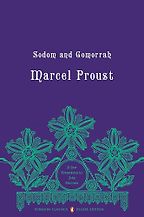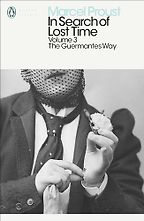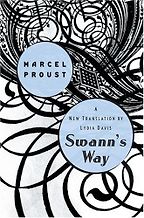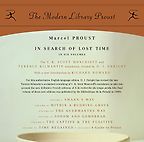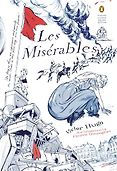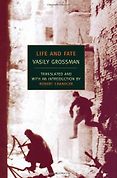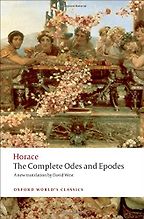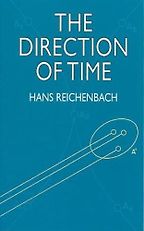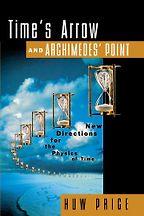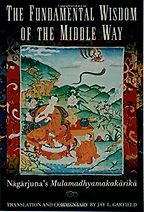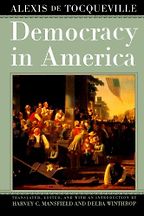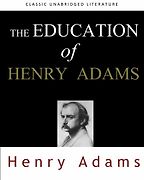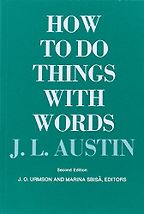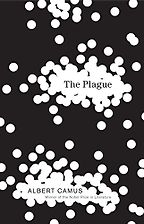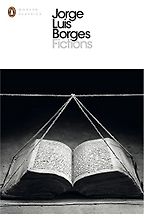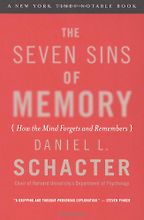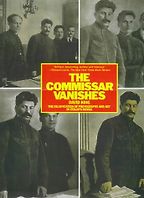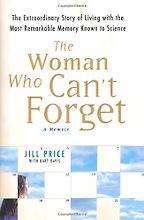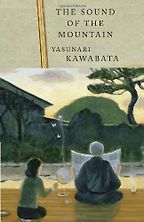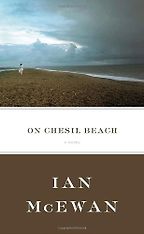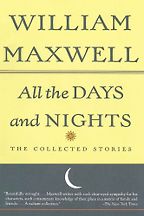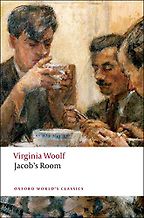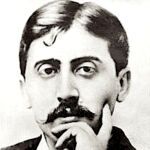
Books by Marcel Proust
Valentin Louis Georges Eugène Marcel Proust (1871–1922) was a French novelist whose main work was the seven-volume novel À la recherche du temps perdu, normally translated into English as In Search of Lost Time.
“So, we already encountered involuntary memory in the first volume, with the madeleine episode—in which a character eats a madeleine dipped into a cup of tea, which he used to have pretty much every Sunday in the summer with his aunt Léonie. But he hasn’t had it in years, maybe decades, and because he hasn’t had it in so long it acts as a powerful trigger for memories. It’s as though he becomes again the child that he was at that time, and remembers all kinds of things he had forgotten, and he says the experience made him feel immortal, but that he wasn’t to know for many years why. Now, in the final volume, some 3000 or so pages later, we learn why. So you have to be very patient, and you have to have a good memory. That’s one of the things the novel does—it encourages us to flex our memory muscles. So it’s not just a novel about memory, but a novel that cultivates memory.” Read more...
Joshua Landy, Literary Scholar
“The Fugitive is the shortest of the volumes that make up In Search of Lost Time, and definitely the bleakest. So we’re really getting into the depths, here. This section of the book involves a break-up, a bereavement, and a slow, incremental, intermittent recovery.” Read more...
Joshua Landy, Literary Scholar
“Okay, so now we’re lower down on the ski jump. Things are getting a little bleak. It’s very claustrophobic: most of the novel is two characters in one room. It’s really the story of a love affair gone awry, a love affair that has degenerated into pathological jealousy. The reason this volume of the novel is called ‘The Captive’ is that he tries to control the movements of his partner to the extent that he can. She’s not literally a captive, but he puts pretty strong pressure on her not to go here or there. The next volume, The Fugitive is the shortest of the volumes, and definitely the bleakest. So we’re really getting into the depths, here. This section of the book involves a break-up, a bereavement, and a slow, incremental, intermittent recovery.” Read more...
Joshua Landy, Literary Scholar
“It continues the flavour of the end of the first volume. For the most part, it is light and bright. I think of the whole novel as having a ski jump shape over the 3,000 pages. You start off reasonably high, go down and down and down with increasing rapidity and terror, until suddenly you have lift-off and soar majestically into the sky. So, here, we are still at a decent elevation. In the second volume, there is travel, excursions within Balbec, you’re meeting a lot of people—some a bit weird, some friends for life—and the character’s grandmother is there. She is all kindness, with a huge heart. We also meet a new love interest, who turns out to have a mole on her chin, except no, it’s actually on her cheek, except no, it’s actually on her lip. It’s a really interesting move by the narrator, to trick us that way.” Read more...
Joshua Landy, Literary Scholar
“It’s a book in multiple parts. The first section focuses mostly on a particular episode from the narrator’s childhood, when he was around seven, going to bed and hoping that his mother would come up and kiss him good night. He’s a rather anxious child, and continues to be anxious into adulthood. Then there’s the famous madeleine scene that ends the first part. Then a fairly long section: a description of life in a small country town, where this character spent his summers. In this section there’s an incredible little scene involving three steeples seen from a moving carriage, which is surprisingly important. Overall, what you get in the first volume is a sense of this character gradually coming into focus.” Read more...
Joshua Landy, Literary Scholar
Swann's Way
by Lydia Davis (translator) & Marcel Proust
Swann’s Way (Du côté de chez Swann in French) is volume one of Marcel Proust’s monumental autobiographical novel, À la recherche du temps perdu.
“It’s very much about love. It starts out with this beautiful evocation of his mother. It’s talking about parents who die and the weight that has. His whole life is very much in the context of a family. You see the character almost only in context of that significant family. It’s also a wonderful translation by Lydia Davis, who is a terrific writer and a great translator.” Read more...
The best books on Family Stories
Mona Simpson, Literary Scholar
“The three thousand pages of his magnificent novel, packed with people, emotions, parfums, reflections, are not presented as happening in reality, but as emerging from the memory of the protagonist…Proust’s art thus brings to life a key intuition that we can find in thinkers ranging from St Augustine to Husserl, and which I think is crucial for understanding our experience: the fact that the time of our experience is only weakly related to the time of physics. Mostly, it is a space, a clearing, opened up by our memories and anticipations. What we call time in our daily life is these memories and anticipations.” Read more...
Carlo Rovelli, Physicist
Interviews where books by Marcel Proust were recommended
-

1
Les Misérables
by Victor Hugo -

2
Homeland (Patria)
by Fernando Aramburu and Alfred MacAdam (translator) -

3
Life and Fate
by Vasily Grossman and translated by Robert Chandler -

4
In Search of Lost Time
by Marcel Proust -

5
The Tale of Genji
by Murasaki Shikibu & translated by Edward G. Seidensticker -

6
Clarissa
by Samuel Richardson
Long Novels
Long Novels
Shorter is better is the mantra of the digital age, but for some of us, there is no greater pleasure than reading a really long novel. Here we’ve listed some of the novels recommended on Five Books that are at least 400,000 words long, from literary classics to potboilers.
The best books on Time, recommended by Carlo Rovelli
Our experience of time is only weakly related to the fundamental realities of physics, says the physicist and best-selling author Carlo Rovelli. Here he selects five works for understanding the nature of time in its truer sense.
Stephen Breyer on his Intellectual Influences
US Supreme Court Justice Stephen Breyer talks about the books that have influenced his thinking and explains why reading widely, including literature, is essential for judges and lawyers.
The best books on Memory and the Digital Age, recommended by Viktor Mayer-Schönberger
The Professor of Internet Regulation at the Oxford Internet Institute selects books on how memories are made and discusses the effect of digital data storage on our perception of the present and the future
The best books on Family Stories, recommended by Mona Simpson
Family dynamics are changing dramatically in our modern, workaholic age. The novelist – and sister of Steve Jobs, separated at birth – selects five works of fiction that illustrate some truths about families in all their variety
-

1
In Search of Lost Time, Vol. I: Swann's Way
by Marcel Proust -

2
In Search of Lost Time, Vol. II: In the Shadow of Young Girls in Flower
by Marcel Proust -

3
In Search of Lost Time, Vol. V: The Prisoner
by Marcel Proust -

4
In Search of Lost Time, Vol. VI: The Fugitive
by Marcel Proust -

5
In Search of Lost Time, Vol. VII: Finding Time Again
by Marcel Proust
The Best Marcel Proust Books, recommended by Joshua Landy
The Best Marcel Proust Books, recommended by Joshua Landy
Marcel Proust’s 3000-page masterpiece In Search of Lost Time might intimidate, but it also enthrals, argues Joshua Landy, Professor of French and Comparative Literature at Stanford University. We asked him to introduce us to the most rewarding of the seven volumes that make up this classic novel, as a helpful guide for the general reader.



